
The Great Wave off Kanagawa is a woodblock print by the Japanese artist Hokusai which he published in 1831. It was the first print in his series Thirty-Six Views of Mount Fuji.
The image depicts an enormous rogue wave threatening boats off the coast of the town of Kanagawa, just off the present-day city of Yokohama.
The print shows seasick fishermen in three boats with a wave about to crash down on them. As in many of the prints in the series, it depicts Mount Fuji in the background.
Considered Hokusai’s most famous work, it is also one of the most recognizable works of Japanese art in the world. Impressions of the print can be seen in many museums around the world.
The inscription is a signature in the upper left-hand corner. During his career, Hokusai used more than 30 different names in his signature. He always began a new cycle of works by changing his name in the signature and letting his students use the earlier title.
Vincent van Gogh was a great admirer of Hokusai, and he praised the drawing and the use of line in the Great Wave.
Thirty-six Views of Mount Fuji
Thirty-Six Views of Mount Fuji. is a series of landscape prints by Hokusai, that depicts Mount Fuji from different locations and in various seasons and weather conditions.
Despite its name, it consists of 46 prints, with 10 of them being added after the initial publication. The series was produced from 1830 to 1832 when Hokusai was in his seventies and at the height of his career.
Among the prints are three of Hokusai’s most famous: The Great Wave off Kanagawa (or The Great Wave); Fine Wind, Clear Morning; and Rainstorm Beneath the Summit.
Better Know the Great Wave
Katsushika Hokusai
Katsushika Hokusai (1760 – 1849) began painting at the age of six, and at sixteen, he was apprenticed as an engraver and spent three years learning the trade.
At the same time, he began to produce his own illustrations. At eighteen, he was accepted as an apprentice to Katsukawa Shunshō, one of the foremost ukiyo-e artists of the time.
Ukiyo-e is a genre of Japanese art that flourished from the 17th through the 19th centuries. Its artists produced woodblock prints and paintings of beautiful women, kabuki actors, sumo wrestlers, scenes from history and landscapes.
In 1814, Hokusai published the first of fifteen volumes of sketches entitled Manga.
Woodblock Printing
Woodblock printing in Japan, although similar to the woodcut technique in Western printmaking, differs in that it uses water-based inks, as opposed to oil-based inks.
The Japanese water-based inks provide a more comprehensive range of vivid colors, glazes, and transparency.
Woodblock printing had been used in China for centuries before the advent of movable type and was widely adopted in Japan during the Edo period (1603–1868).
Hokusai: beyond the Great Wave
Mount Fuji
The mountain with a snow-capped peak is Mount Fuji, which in Japan is considered sacred and a symbol of national identity. Mount Fuji is an iconic figure in many Japanese representations of famous places, as it is regarded as a symbol of beauty.
The dark color around Mount Fuji seems to indicate that the scene occurs early in the morning, with the sun rising from behind the observer, illuminating the mountain’s snowy peak.
While storm clouds hang in the sky between the viewer and Mount Fuji, no rain is visible.
Mount Fuji is the highest mountain in Japan at 3,776.24 m (12,389 ft). It is a dormant volcano that last erupted in 1707–1708.
Mount Fuji lies about 100 kilometers (60 mi) south-west of Tokyo and can be seen from there on a clear day.
Mount Fuji’s exceptionally symmetrical cone, which is snow-capped for about five months a year, is a well-known symbol of Japan. Mount Fuji has “inspired artists and poets and been the object of pilgrimage for centuries.”
The Great Wave off Kanagawa
- Title: The Great Wave off Kanagawa (also known as The Great Wave)
- Artist: Katsushika Hokusai
- Created: 1831
- Materials: Color woodblock print on paper
- Genre: Ukiyo-e painting, manga and woodblock printing
- Dimensions: H: 24.6 cm (9.6 in); W: 36.8 cm (14.4 in)
- Museum: The British Museum
Katsushika Hokusai
- Artist: Katsushika Hokusai (Born: Tokitarō)
- Born: 1760 – Edo (present-day Tokyo), Japan
- Died: 1849 (aged 88) – Edo, Japan
- Nationality: Japanese
- Notable Works:
- The Great Wave off Kanagawa
- Thirty-Six Views of Mount Fuji
- Fine Wind, Clear Morning
- Rainstorm Beneath the Summit
Hokusai: Beyond the Great Wave
Collections of the British Museum
The Asian Collection
- Seated Buddha from Gandhara
- Statue of Tara
- Bodhisattva Avalokiteshvara
- Avalokiteshvara – Guanyin
- Nandi – Figure of the Humped Bull of Śiva
- Garuda
- Budai Hesheng
- Luohan – Yixian Glazed Ceramic Sculpture
The Africa, Oceania and the Americas Collection
- Double-Headed Serpent
- Hoa Hakananai’a / Moai from Easter Island
- Hawaiian Feathered Helmet
- Bronze Head from Ife
- Benin Ivory Mask
The Prints and Drawings Collection
- “Studies of a Reclining Male Nude” by Michelangelo
- Newport Castle by J. M. W. Turner
- “Hampstead Heath” by John Constable
- The Great Wave off Kanagawa
How Did Hokusai Create The Great Wave?
~~~
“A frog in a well does not know the great sea.”
– Japanese Proverb
~~~
Photo Credit: 1) Katsushika Hokusai [Public domain], via Wikimedia Commons
Popular this Week
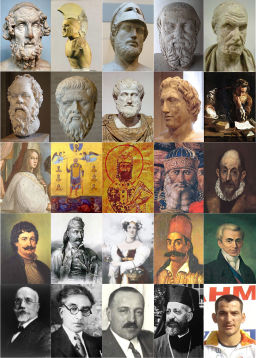
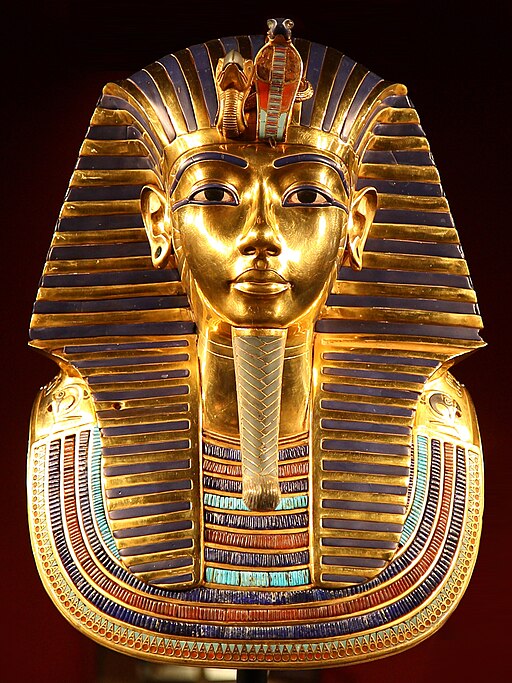



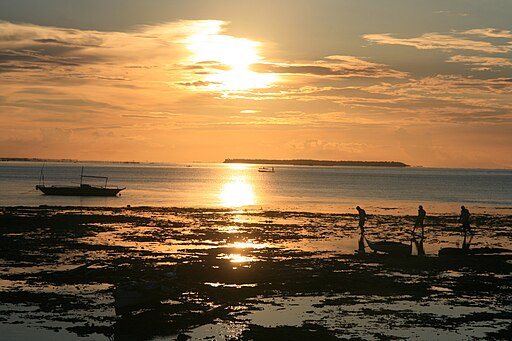
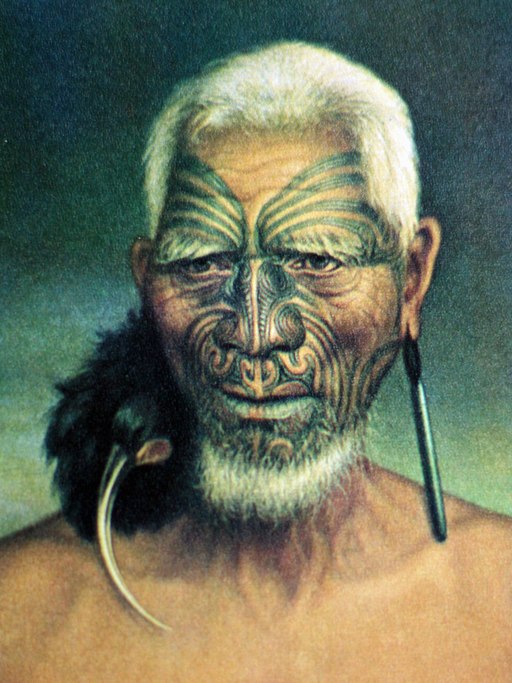
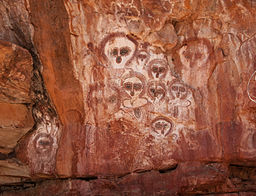
 Sponsor your Favorite Page
Sponsor your Favorite Page SEARCH Search for: Search Follow UsJoin – The JOM Membership Program
Sponsor a Masterpiece with YOUR NAME CHOICE for $5
Share this:
- Tweet
